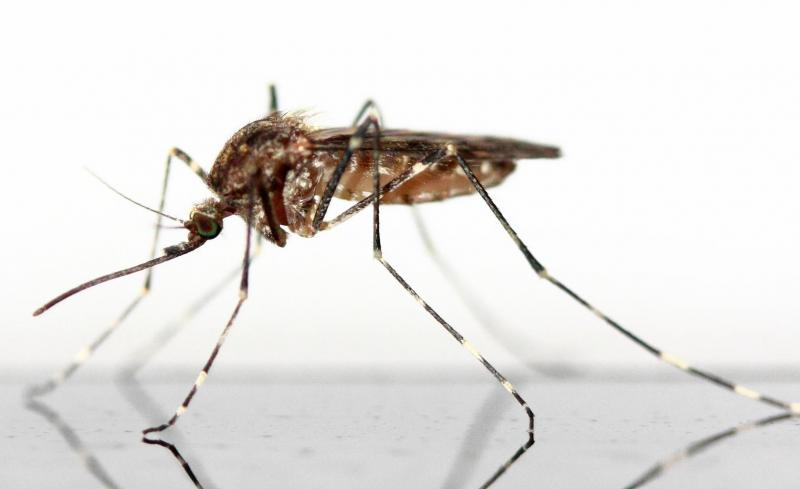County conducts a second round of aerial spraying for mosquitoes
Plymouth County began conducting a second round of spraying for mosquitoes on Wednesday, Aug. 21. The spraying — both aerial and from trucks — will take place over the next few evenings, weather permitting.
Wareham has been deemed to be at critical risk for the potentially deadly, mosquito-borne Eastern Equine Encephalitis (EEE) virus. As of Aug. 20, it was among 37 communities at either a high or critical risk level, according to the Department of Public Health.
A Rochester man remains in a coma with EEE, and another human case has been diagnosed in Grafton.
A first round of mosquito spraying was conducted earlier this month.
To learn which areas have been and are slated for the current aerial spraying effort, click here. Spraying will take place after dusk until about midnight.
Other areas, generally those closer to the coast, are being tackled with truck-based spraying. For a list of streets on the truck spray route, visit the Plymouth County Mosquito Control website.
According to the Massachusetts Department of Public Health’s guide to aerial spraying, the spray has no adverse impact on people, pets, and vegetable gardens. In addition to mosquitoes, it can harm other insects such as dragonflies and beetles as well as fish, although the larger the body of water, the safer the fish are. There should be no risk to honeybees, because they are usually inside the hive at night.
The Department of Public Health recommends avoiding mosquito bites by being aware of peak mosquito hours from dusk to dawn, wearing long sleeves, long pants, and socks when outdoors, and wearing insect repellent that contains DEET, permethrin, picaridin, IR3535, or oil of lemon eucalyptus. The department also recommends mosquito-proofing the home by draining standing water and installing or repairing screens.
Other communities that are deemed to be at critical risk are Acushnet, Carver, Freetown, Lakeville, Marion, Middleborough, New Bedford, and Rochester.
Prior to this summer, the last human case of EEE in Massachusetts occurred in 2013.
The department encourages people to take “all possible precautions when outside after dusk.” The bulletin also stated that “all activities from dusk to dawn are canceled.”















